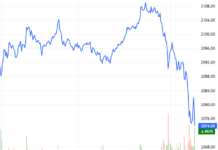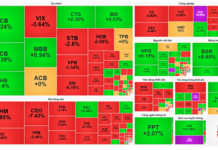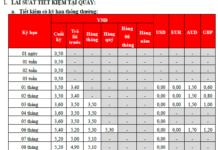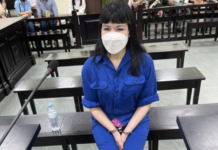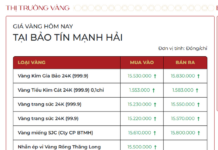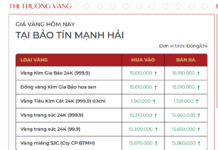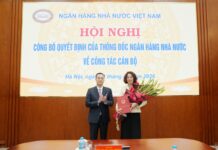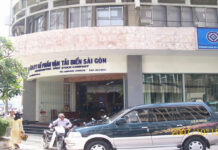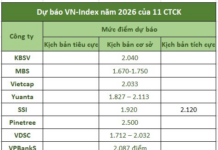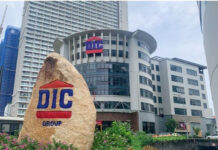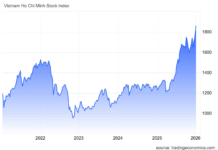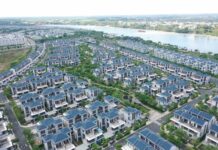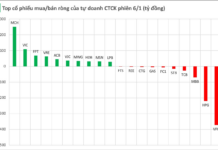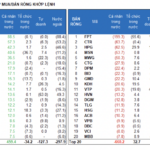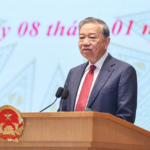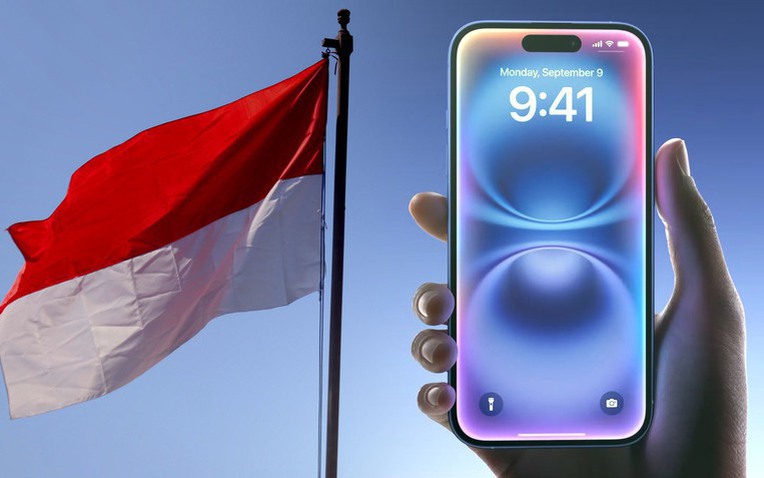
Apple is known for its tough negotiation stance, but the Indonesian government is proving to be equally firm. The country has banned the sale of the iPhone 16, citing Apple’s insufficient investment in the local economy. In response, Apple has proposed increasing its manufacturing spend from $10 million to $100 million, but Indonesia is now demanding an investment of $1 billion and wants the deal concluded within a week.
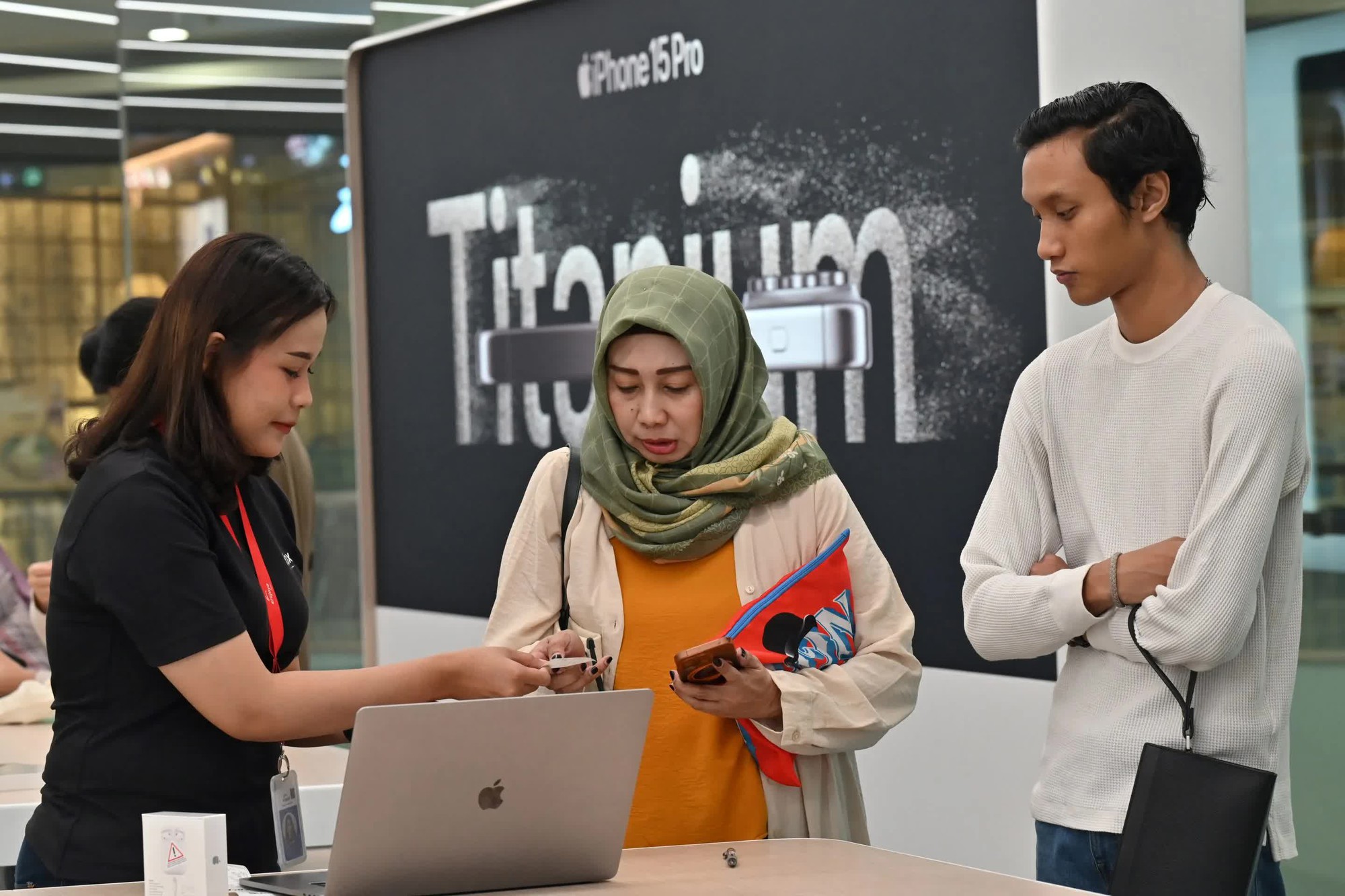
The iPhone 16 Sales Ban
Initially, Apple invested $109 million in Indonesia through a local development academy, along with $10 million in manufacturing spend. However, the Indonesian government claimed that Apple fell short of its initial commitments by only spending $95 million. As a result, they have banned the sale and use of iPhone 16 models in the country.
The missing $14 million (230 billion rupiah) led to the Ministry of Industry’s refusal to grant International Mobile Equipment Identity (IMEI) certification, a requirement for devices to be sold legally in the country.
Apple’s Increased Manufacturing Spend
In response, Apple has proposed increasing its manufacturing spend by tenfold, from $10 million to $100 million.
It is unclear what form this investment will take. Apple may request that Foxconn establish iPhone and iPad assembly plants in Indonesia or persuade other supply chain partners to produce components for its devices. The government had previously indicated that this approach would be acceptable.
However, the Indonesian government still considers the investment insufficient, although they have not specified the desired amount.
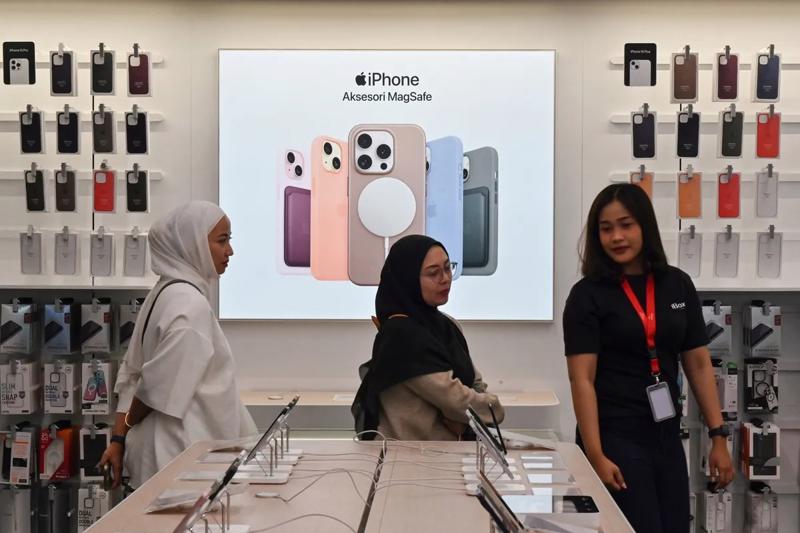
Indonesia’s $1 Billion Demand
Reuters recently reported that Indonesia is now expecting Apple to commit to a $1 billion investment.
“Indonesia expects to receive a $1 billion investment commitment from technology giant Apple within a week,” said the Indonesian Investment Minister on Tuesday, after the government banned the sale of the iPhone 16 for failing to meet local content regulations.
“Whoever benefits from sales here must invest here, create jobs here. It’s important that the global value chain moves here because once that happens, suppliers will follow,” shared Rosan, adding that the investment commitment is part of the first phase.
With a population of around 280 million and increasing prosperity, Indonesia is in a strong position, making it a crucial market for Apple’s growth. The report does not mention a specific timeframe, so Apple may appease the government with a long-term investment commitment spanning one or two decades.
Apple has not yet officially commented on the matter.
The Rising Dragon: Vietnam’s Property Prices Soar Above the Rest
“Over a 5-year period, Vietnam’s property price growth reached an impressive 59%, outperforming many other countries such as the US (54%), Australia (49%), Japan (41%), and Singapore (37%). The high rate of price increase has led to a rental yield of just 4% for Vietnamese properties, while many other countries, including the Philippines, Malaysia, Thailand, Indonesia, the UK, Australia, and the US, enjoy rental yields ranging from 5% to 7%.”
The Rental Revolution: Unlocking the Potential of Vietnam’s Apartment Investment Wave
Investing in rental apartments is an attractive proposition for investors, offering a unique “double benefit”. With high liquidity and excellent rental yields, this real estate segment is a lucrative opportunity for those looking to enter the market.

